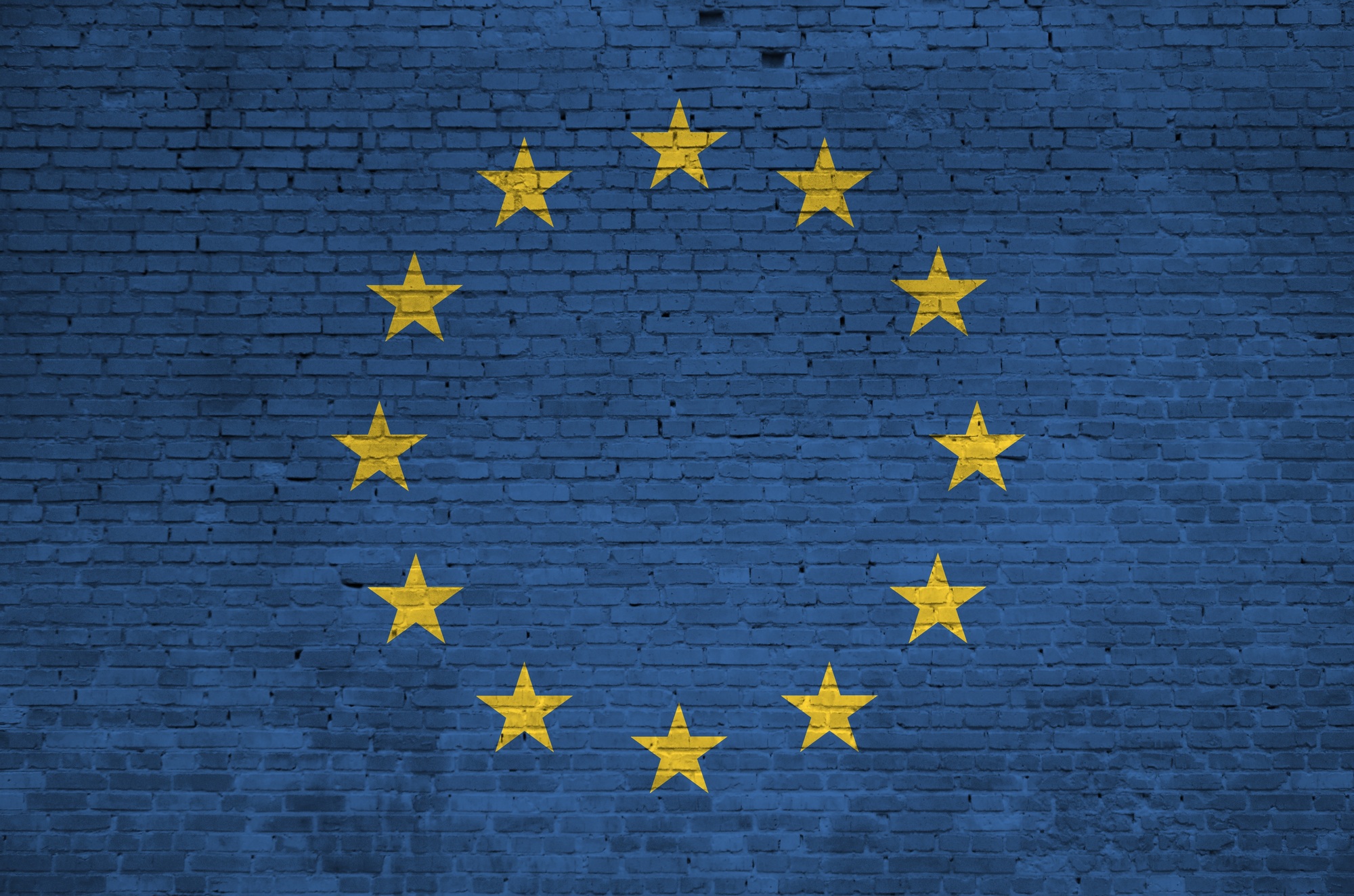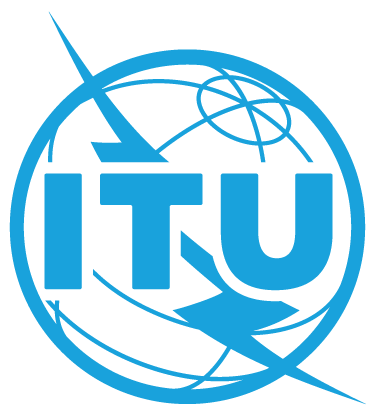Council agrees on negotiating position for EU rules tackling online child sexual abuse
EU member states have endorsed their position on a regulation designed to prevent and combat online child sexual abuse, marking a significant step in ongoing legislative negotiations. The draft law introduces obligations for digital companies, establishes new supervisory structures and outlines support mechanisms for victims as part of a broader effort to curb the spread [...]










